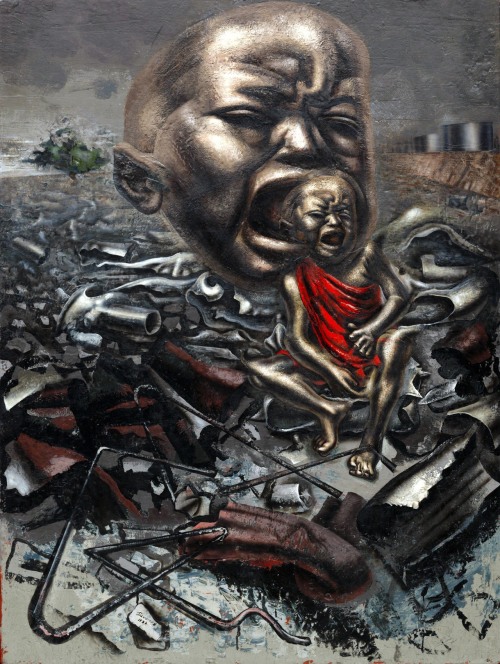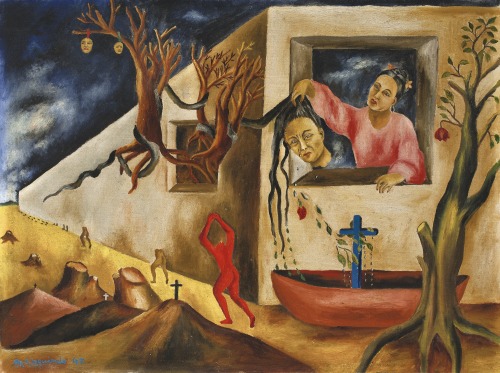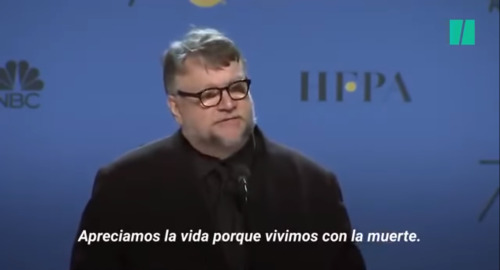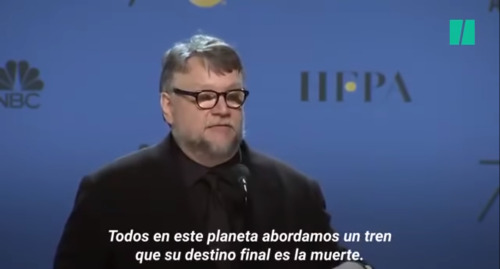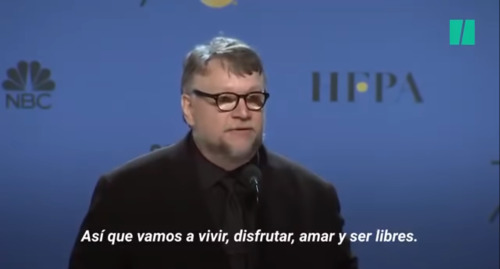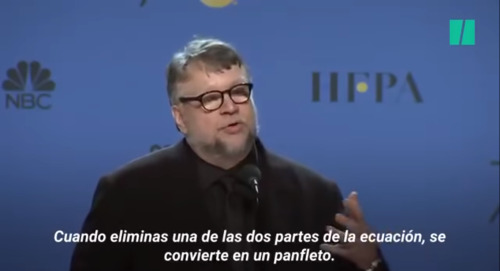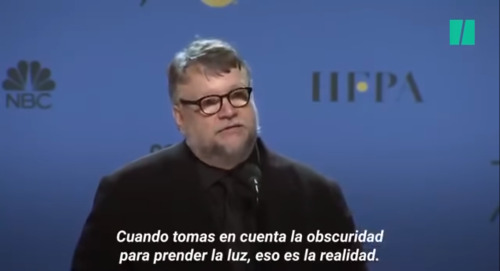#mexicano
Academia Link: CLICK HERE TO READ
ABSTRACT: Mainstream analysis and commentary on drug trafficking and related violence in Mexico focuses overwhelmingly on the narco-cartels as sources of the problem and presents the US as a well intentioned player helping to conduct a ‘war on drugs’ out of concern for addiction, crime and violence. This article offers an alternative interpretation, grounded in critical political economy, showing that in addition to fuelling the narcotics industry in Mexico thanks to its large drug consumption and loose firearms regulations, the US shares much responsibility for its expansion thanks to its record of support for some of the main players in the drugs trade, such as the Mexican government and military, and by implementing neoliberal reforms that have increased the size of the narcotics industry. The war on drugs has served as a pretext to intervene in Mexican affairs and to protect US hegemonic projects such as NAFTA, rather than as a genuine attack on drug problems. In particular, the drugs war has been used repeatedly to repress dissent and popular opposition to neoliberal policies in Mexico. Finally, US banks have increased their profits by laundering drug money from Mexico and elsewhere; the failure to implement tighter regulations testifies to the power of the financial community in the US.
Academia Link: CLICK HERE TO READ
Academia link: CLICK HERE TO READ
Abstract
Neoliberalism has been implemented in Latin America for about three decades. This article reviews Mexico’s neoliberal trajectory to illustrate the political, economic, and social alterations that have resulted from this process. It finds that representative democracy has been perverted through fear, putting central political decisions in the hands of power groups with special interests. The border between the state of law and the state of exception is blurred. Economic structural adjustment with liberalization and privatization has provoked recurrent crisis, but has been maintained, leading to the destruction of the national productive structure in favor of supranational corporations, particularly financial capital. The association between criminal economy and economic criminality is also discussed. The privatization of social benefits and services requires state subsidies and allows the privatization of profits and the socialization of losses. The social impact of this process has been devastating, with a polarized income distribution, falling wages, increased precarious jobs, rising inequality, and extreme violence. Health conditions have also deteriorated and disorders associated with violence, chronic stress, and a changing nutritional culture have become dominating. However, in Latin America, massive, organized political and social mobilization has broken the vicious neoliberal circle and elected progressive governments that are struggling to reverse social and economic devastation.
Academia link: CLICK HERE TO READ
VIVA #MEXICO Terminó el Festival de #Cine #SundanceFilmFestival y el talento #Mexicano se hizo presente… la #Película del director #ErnestoContreras #SueñoEnOtroIdioma se llevó el #Premio del Público a la #MejorPelículaFicción #Internacional… #Salma Hayek no dejó de robar suspiros en la ceremonia de cierre… El premio a mejor película se lo llevó “I don’t feel at home anymore”, de #MaconBlair y protagonizada por #ElijahWood #SHOWBIZ #ImagenTV #OscarMadrazo @ImagenTVmex (at Imagen TV)


Enrique Alfaro. Governor of Jalisco.

Daddy is very powerful

Daddy




Daddy

Daddy is so big and powerful

Daddy is happy



